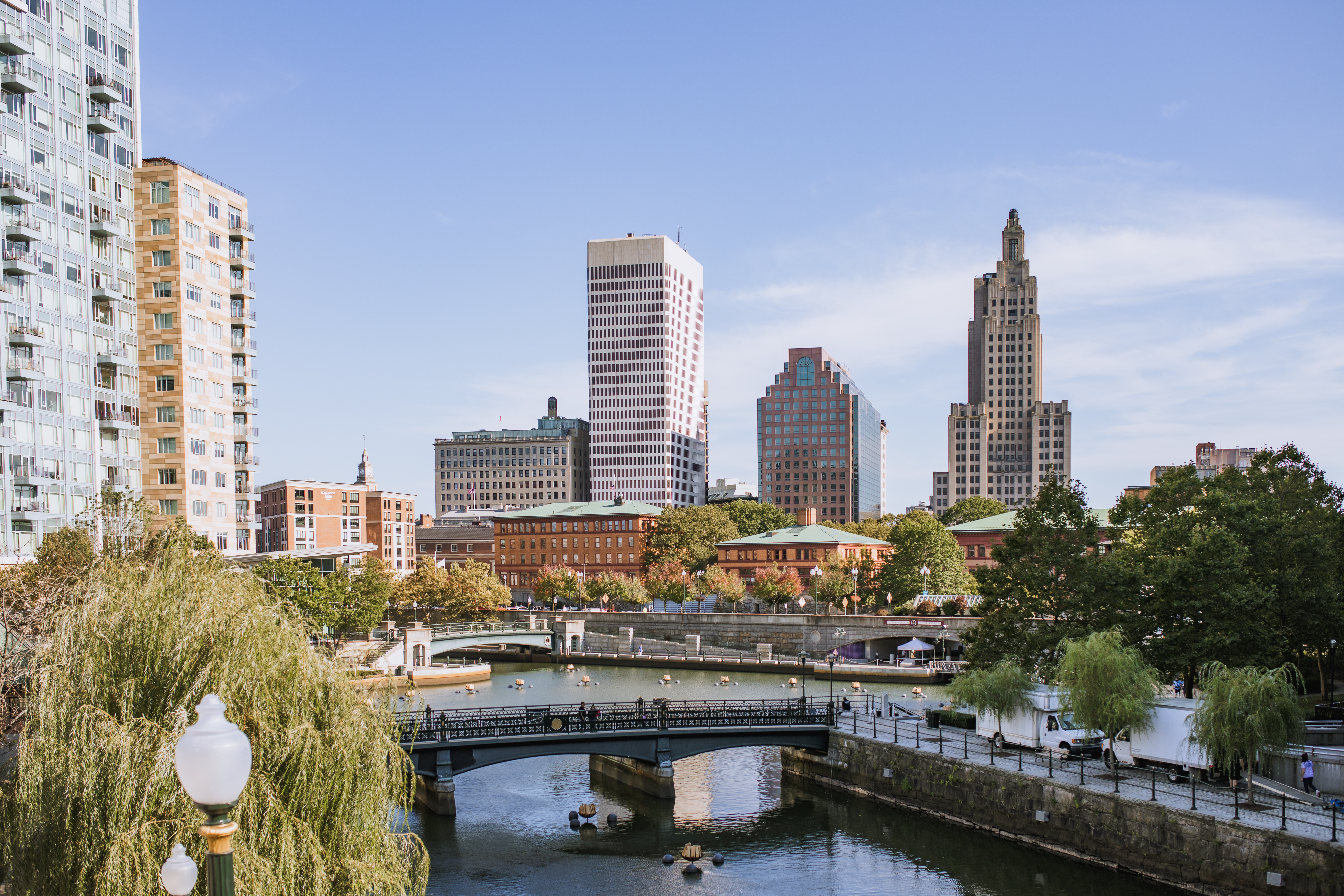Finding Our Place in the History of Redemption
The Bible traces out the story of God glorifying himself by gathering a people for himself and making the world right. In Genesis 1-2, we see the creation of the world as good. In Genesis 3 through Malachi 4, sin enters the world and tears creation apart. God makes a promise to Abraham, and, for thousands of years, God’s people waited to see that promise fulfilled. In Matthew 1, Jesus bursts onto the scene, bringing the kingdom of God and establishing it in his death and resurrection. Acts 1 begins the church age as we long and wait for the return of Christ. In Revelation, God encourages us with the message that Christ will return and make all things new.
We live in the overlap of the ages where Christ has come, and his kingdom has begun to spread to all the corners of the earth. But we still live in the brokenness of Genesis 3. The pain of childbirth, the strife of marriage, the toil of work, and the reality of death press deep upon us. Friends backstab you. Family members disappear. Jobs are lost. A true theology of pain takes note of where we are in God’s Story and says, “It’s not alright. Everything is not very good.”
And even though pain might make us look more like Christ, and even though pain teaches us to depend on God, and even though God has a plan to turn it for good, everything is not alright. And it won’t be alright until Christ comes back. Pain is the norm for the life we live. The rain falls on both the just and the unjust, and pain plagues the godly and wicked alike.
Joy in Christ and Comfort of God
And simply believing in God won’t ever take that pain away. When Paul encourages the Thessalonian church that they will see their loved ones when Christ returns, he tells them this in order that “you may not grieve as others do who have no hope” (1 Thess 4:13). The difference isn’t the presence of grief; it’s the manner of dealing with the pain. When Paul promises the comfort of God, we receive the comfort “in all our affliction.” The pain doesn’t stop. God’s presence helps us keep going in the pain. When Paul says he’s learned to be content in any situation and can confidently say that “to live is Christ, and to die is gain,” Paul says these things this precisely because God is strengthening him to endure the sorrow (Phil 4:13).
The pain never stops. The brokenness of the world is too great. Christ hasn’t come to make all things new. The comfort we receive now does help to dull the pain but also points to a greater comfort when Christ returns to make all things new.
My mind turns to John 11 when Lazarus dies. In John 11:6, Jesus knows that Lazarus would die from his illness, “so…he stayed two days longer in the place where he was.” Jesus lets Lazarus die so that he can raise him up. When he arrives at Lazarus’s tomb (with full knowledge that he is about to resurrect Lazarus), Jesus weeps. But why? Jesus knows that in less than a few minutes, he’s going to resurrect Lazarus. So why does he cry? Because truth never kills the pain completely. If Jesus cried right before bringing Lazarus back to life, then you certainly should weep when your mom dies, even though you know she’ll rise again.
The Church as a Hospital for the Wounded
And so, as a Church, we don’t fix every problem or heal every wound. We offer a bandage of hope. We put some salve of fellowship on the ugly, festering sore. The Church operates as a sanctuary of respite for wounded and weary pilgrims on the journey to the New Creation.
And the medicine that we offer isn’t a magical concoction. It’s not a, “Cheer up, you’ll look more like Christ in no time.” No, the words of comfort we offer are this: Jesus wept. Jesus lost his earthly dad. Jesus’ friend betrayed him. His best friends scattered. We put him on that tree. Jesus was beaten, whipped, and mocked. Jesus died. Jesus knows pain.
And he knows your pain. And Jesus chose to enter your pain. He chose to be rejected and despised. He chose the cross.
Our message of comfort amidst the deep, real pain in this world is Jesus holding out his nail-pierced hands and offering his comfort. Jesus chooses to sit with you in the rubble and ashes. Jesus weeps with you. And he says, “I am making all things new. I am coming soon. Hold fast.”





No comments have been added.